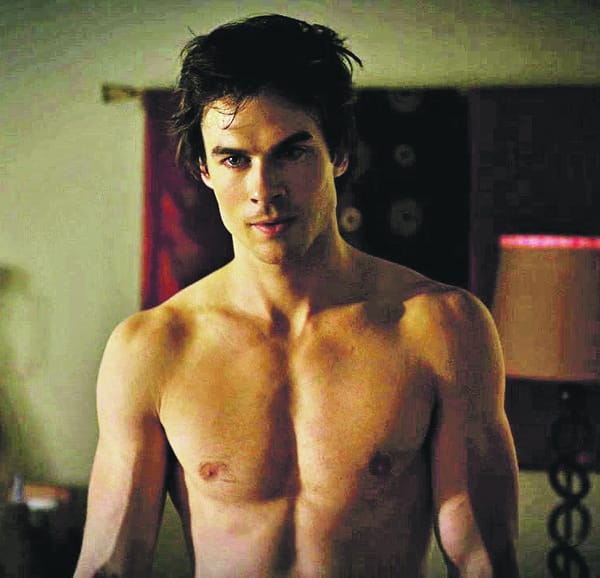Why are we still accepting bad films?
Hollywood’s extortionate spending on last year’s worst films.

Awards season is here, and whether you take an interest or not, it generally means the time of year when the cinemas are packed with impressive, intelligent films. Though a few of the leading films in this year’s nominees, such as The Social Network or Toy Story 3 were out a few months ago, the majority of the ones generating buzz have only emerged very recently (Black Swan, 127 Hours, True Grit, The King’s Speech). Now is a time when film aficionados will actually relish going to the cinema, a time when they may not actually resent the huge dents in their bank accounts most ticket prices leave.
But this isn’t necessarily a thing to feel so grateful for. What it highlights most of all is the distinct lack of quality we’ve gotten so used to in most of the films we pay to see. Let’s look at the line-up we were treated to in the summer – Zac Efron starring in bland drama/romance Charlie St. Cloud, a predictable romcom with Jason Bateman and Jennifer Aniston (The Switch – if that means anything to you), and, of course, Step Up: 3D. These films are, at best, good for taking the piss out of, but considering the fact that Step Up: 3D alone had an estimated budget of US$30 million, it stops being funny pretty quickly.
In context, $30 million is the entire cost of a HIV/AIDS Prevention and Control Programme in the Dominican Republic. The budget for that other summer smash hit, Cats and Dogs: The Revenge of Kitty Galore, was around $85 million. This is the equivalent amount the US government pledged to fund renewable energy in 2009.
This isn’t an argument saying that Hollywood should be curing cancer and saving the world instead of releasing awful films; I realise that it isn’t as clear-cut as that (though I am sure that if you gave an AIDS sufferer in the Dominican Republic a copy of Step Up: 3D instead of antiretroviral medicine, you’d get punched in the throat. And rightly so.). These films do have their place and the freedom for the arts to be able to operate without restriction is an invaluable thing. But the ever-inflated cost of films is unnecessary and, more often than not, only serves to churn out yet another forgettable film.
The film industry sees a relatively cyclical stream of funding, with even a lot of “bad” films managing to drum up a decent enough attendance at the box office to avoid catastrophic losses. At the same time, for the amount of money that ends up being committed to these films, we should be expecting something more. It’s not just a case of creating low-budget cult classic like Clerks or The Blair Witch Project which can generate impressive amounts of interest and respect on the bare minimum, but more to do with the cast and crew investing a worthy amount of time and thought in what they create. One of the most celebrated films of last year, Inception, took director Christopher Nolan around eight years to complete and, whilst it isn’t a perfect film, it certainly lives up to its $160 million investment. The flood of critical acclaim that trailed Nolan, and still does, after this film is not exactly excessive – the man deserves appreciation for his work – but this level of effort should be going into all films that Hollywood rolls out.
Only last December, unexpected blockbuster Monsters shot to fame for being made for $800,000 – a near unheard-of feat at the cinema – and easily generated a substantial profit at the box office. By contrast, Jack Black’s latest Gulliver’s Travels didn’t even make back half of its $112 million costs and was lucky to get 2-star ratings from most critics. Cost is not equal to quality – a lesson that Hollywood has still not seemed to learn. Some of the most expensive films made to date have been shoddy sequels to lucrative franchises (Pirates of the Caribbean: At World’s End or X-Men: The Last Stand for example) and, whilst they manage to still cash-in fairly well, accepting a second-rate production from a franchise that can and has provided better shouldn’t be so commonplace.
With the BAFTAs and Academy Awards just weeks away, it’s a good time to take advantage of the decent films gracing our screens for what feels like a limited amount of time, but considering the cost, it’s about time we demanded a higher standard.







